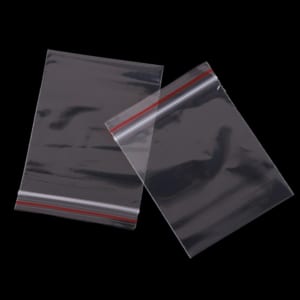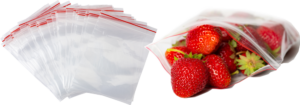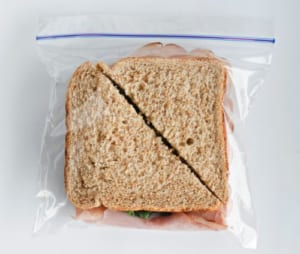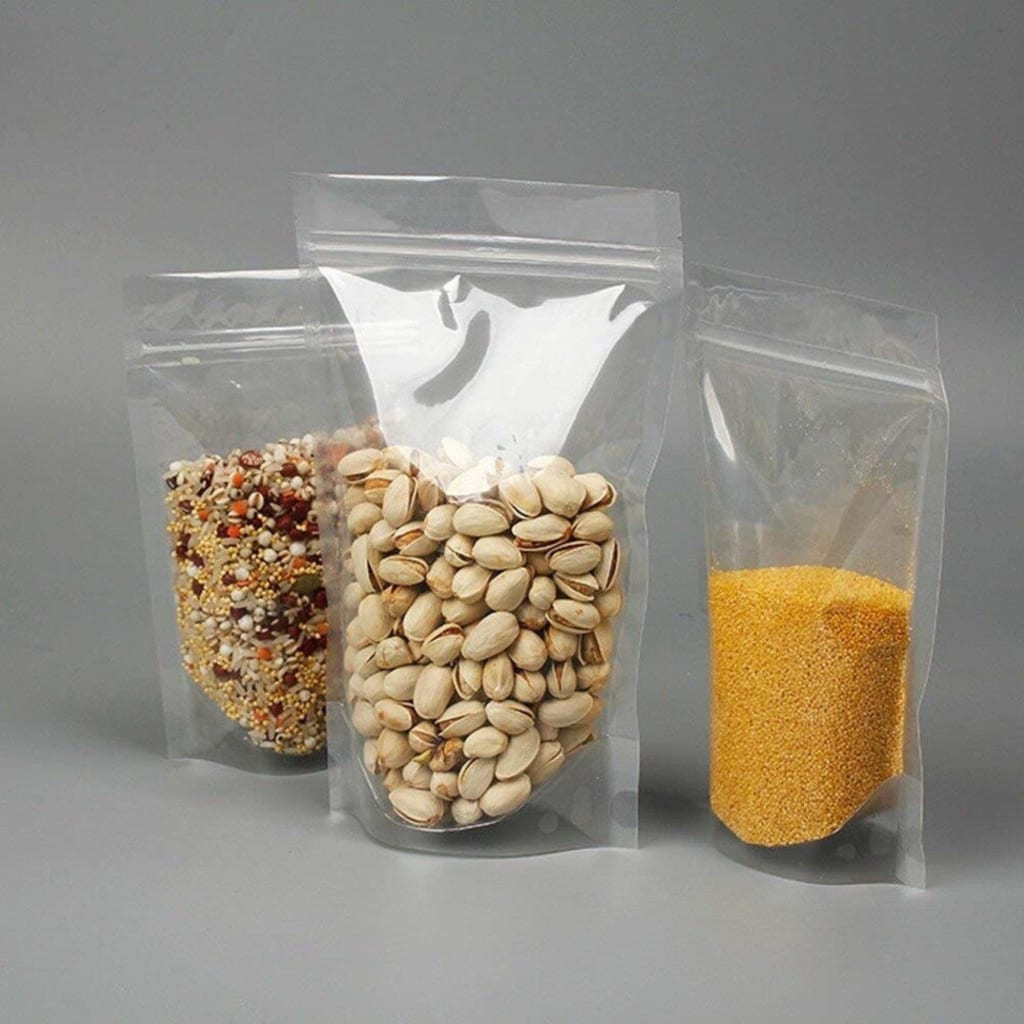Zip Lock bags offer a range of environmental benefits when used for food preservation. Firstly, their reusable nature promotes sustainability by reducing the need for single-use alternatives. Consumers can utilize these durable bags repeatedly, minimizing waste and contributing to a more circular economy.

Moreover, the manufacturing process of zip lock bags is generally less resource-intensive compared to disposable options. This translates to lower energy consumption and a smaller carbon footprint associated with their production.
During the food storage and transportation stages, zipper bags excel in their lightweight design. This feature results in reduced fuel consumption by delivery vehicles, ultimately lowering the environmental impact of the food supply chain.

Furthermore, the airtight sealing capabilities of zipper bags help to extend the shelf life of perishable foods. This, in turn, can lead to a reduction in food waste, which is a significant contributor to global greenhouse gas emissions.
When zipper bags reach the end of their life cycle, we can often recycle. So we can repurpose the materials rather than ending up in landfills or oceans. This circular approach aligns with the principles of sustainable resource management.

Overall, the environmental benefits of zipper bags for food preservation include reduced waste, lower carbon emissions, and the promotion of a more sustainable food system. As consumers and businesses prioritize eco-friendly solutions, the use of these versatile bags can play a crucial role in minimizing the environmental impact of food storage and preservation.
For more detailed information about zipper bags as well as other products, please visit our website and Alibaba shop

